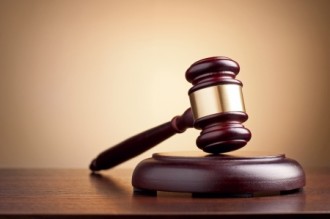October 21, 2014
PTAB Shows a Willingness to Intervene in Deposition Disputes
Experienced district court litigators are reluctant to “call the judge” when a dispute arises during a deposition. Judges do not want to take the time to deal with mundane discovery disputes and parties do not want to get on the wrong side of the judge. The Office Patent Trial Practice Guide bucks this trend, explaining that “[t]he Board encourages the use of conference calls to raise and resolve issues in an expedited manner.” Id. at 48758. We think lawyers are still reluctant to make that call, but experience is showing that the Board is willing to intervene to settle procedural matters.
For example, in Toyota Motor Corp. v. American Vehicular Sciences LLC, IPR2013-00424, Patent Owner asked the Board to limit cross-examination of its expert witness by prohibiting questions directed to whether a feature would have been obvious to one with ordinary skill in the art. Paper 33 at 2. The Board granted the request.
In the Petition, Petitioner relied on a particular prior art reference as disclosing the claimed feature, not as rendering that feature as obvious. Petitioner argued that “obviousness, inherent disclosure, and the understanding of ordinary skill in the art…are inter-mingled as one integral discoverable topic.” Id. at 3. The Board, however, disagreed stating the Petitioner knew the difference between the separate concepts and that they topics were not one and the same. Additionally, the Board found Petitioner has no reason to inquire about the obviousness in light of that feature based on the specific grounds instituted for trial, the arguments in the petition, and absence of testimony in the expert witness’s declaration regarding obviousness of the feature. Id.
In short, deposition combatants take note – the Board is showing both a willingness to intervene in discovery disputes and to limit the testimony of witnesses to only that which is at issue in the IPR proceeding.


































